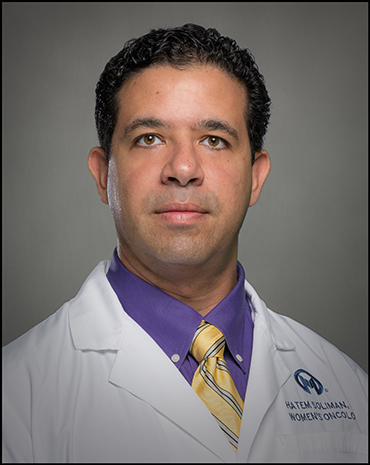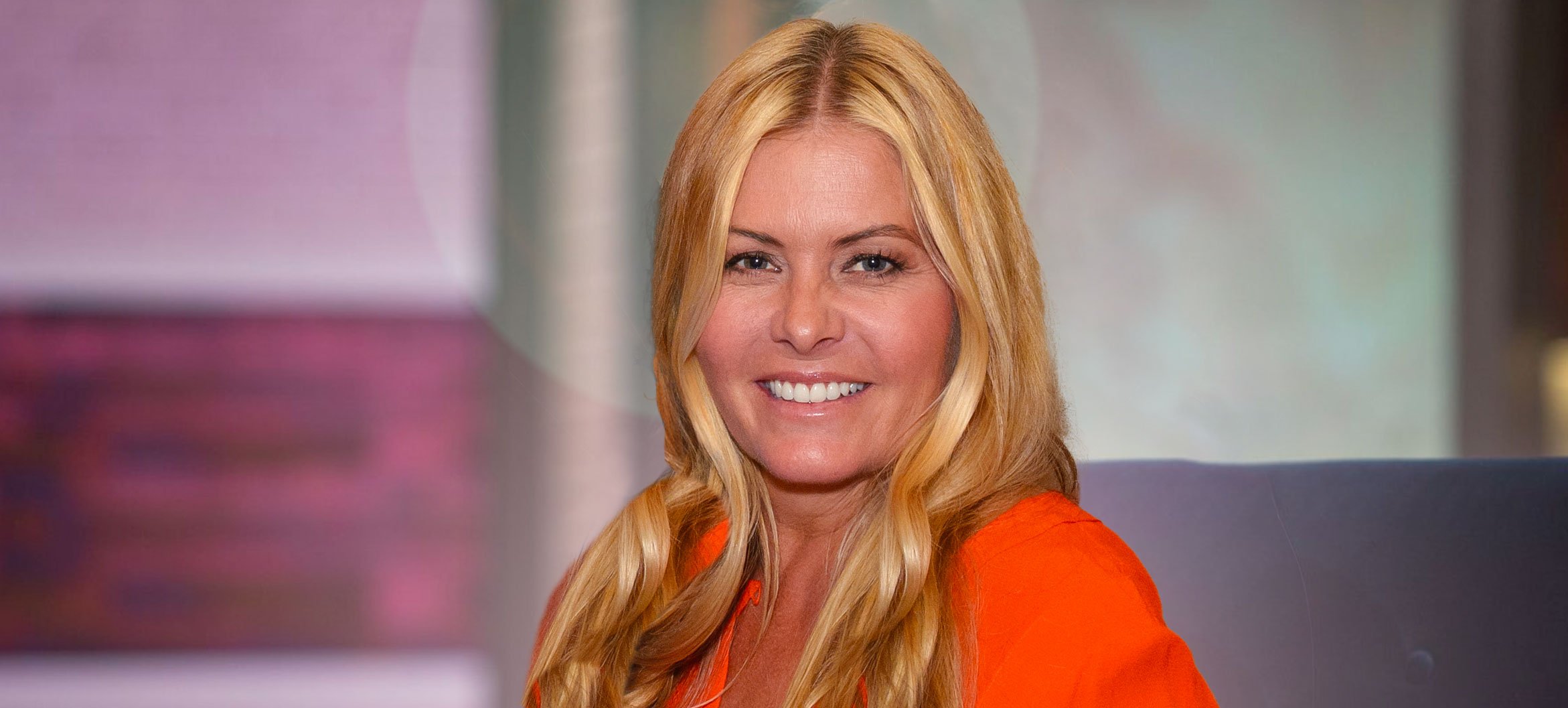Nicole Eggert of 'Baywatch' Reveals Rare Breast Cancer Diagnosis
Actress Nicole Eggert, best known for her roles on the popular television shows “Baywatch” and “Charles in Charge,” shared that she has a rare form of breast cancer that impacts only 6% of the population. On her podcast, "Perfectly Twisted," the 51-year-old said she was diagnosed with stage 2 cribriform carcinoma in December.
“I started having a lot of pain on my left side and it was really hurting,” Eggert said. “So I did an exam and found something.”
After a mammogram and multiple biopsies, she was diagnosed in December.
According to Moffitt Cancer Center breast medical oncologist Dr. Hatem Soliman, cribriform carcinoma is used to describe the appearance of how the breast cancer cells grow within the tissue.
“This is something we see under a microscope when we evaluate samples of breast cancer biopsy or the tissue removed,” Soliman said. “The cancer cells grow in circles, almost like concentric circles or nests that have holes in them, so that they may have a Swiss cheese appearance.”
Eggert said she can still feel the lump in her breast and will need surgery to remove it. Chemotherapy and radiation will likely be a part of her treatment. Soliman said stage 2 is still considered early.
Cribriform carcinoma is not considered a very aggressive type of breast cancer that could grow extremely rapidly, Soliman said, adding that breast cancer growth rates can vary from patient to patient.
“I wouldn’t say that you can always make a generalization regarding how long this type of particular breast cancer would have existed in the breast prior to being diagnosed,” Soliman said. “However, the limited data that’s available suggests that this type of breast cancer has a more favorable prognosis with less of a chance of spreading outside of the breast or to distant organs or lymph nodes.”

Eggert told “People Magazine” that her biggest fear is not being around for her daughters. Cancer is no stranger to Eggert. Her father had skin cancer and her mother had colon cancer.
“This is something I have to get through,” she told the magazine. “This is something that I have to beat. (My daughters) needs me more than anything and anybody.”
Eggert encourages women to be aware of changes in their body and to seek medical attention when they discover something abnormal. Soliman agrees and has advice for those following Eggert’s journey.
“You know your body, you know what’s normal for you and make sure that you are keeping up with your screenings,” he said. “Catching things early on gives you the best chance of having a good prognosis.”
HOW TO PERFORM A BREAST SELF-EXAM
- Perform a visual inspection. Look for swelling, redness, dimpling, puckering, pitting and nipple inversion.
- Perform a manual inspection standing up. Using the pads of your three middle fingers, press on every part of your breast and underarm area.
- Perform a manual inspection lying down. Use the same technique above with a pillow under your shoulder and your hand behind your head.
Click here for a video showing how to do a self-exam at home.



